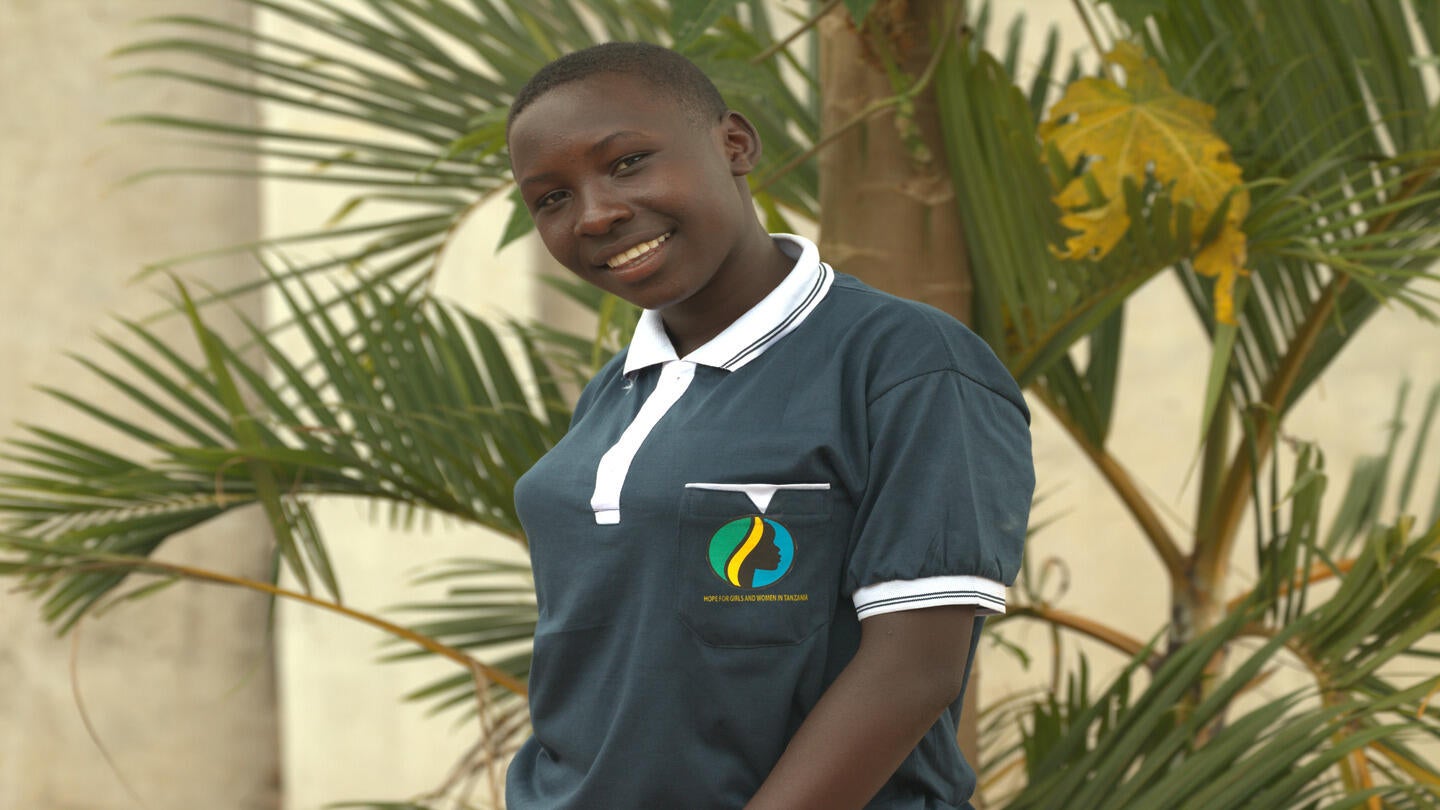Tarime, Mara – 06 February 2025. In the heart of Tarime, a small village in the Mara region, a remarkable young woman named *Amina stands as a beacon of hope. A survivor of Female Genital Mutilation (FGM), Amina's journey is one of resilience, empowerment, and the fight for a better future.
Growing up in a rural community, Amina, like many young girls, faced the harsh realities of cultural traditions, including FGM. In her early teens, she was subjected to the painful practice of FGM, a rite of passage that, for many years, was seen as an essential part of growing up as a woman in her community. But for Amina, the traumatic experience was the beginning of her determination to challenge harmful norms.
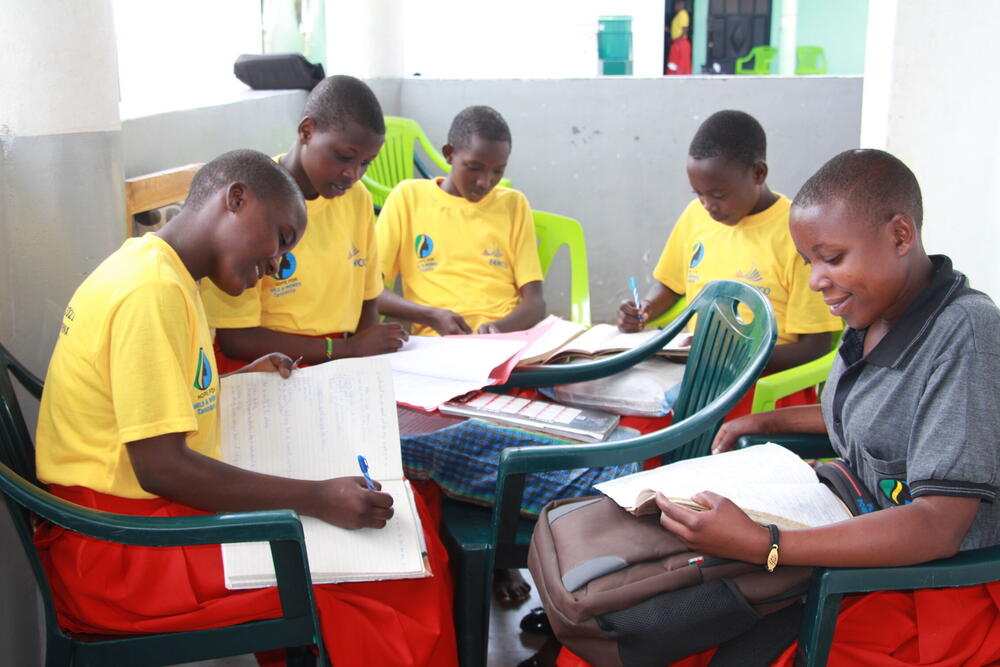
“I didn’t understand why it was done to me,” Amina shares, her voice steady despite the pain of her past.
“I felt like I had no control over my own body. But I knew I had to fight for the girls coming after me.”
Amina’s story is not one of silence but one of defiance. With the support of her family and local community leaders, she joined forces with others advocating for the end of FGM in Mara, where prevalence remains high at 28%. Recognizing the need for collective action, Amina has helped build alliances among grassroots activists, government officials, and civil society groups. She mobilizes coalitions led by survivors, youth, and men, ensuring that the fight against FGM is sustained and amplified.
Today, Amina mentors other survivors, helping them access resources to rebuild their lives.
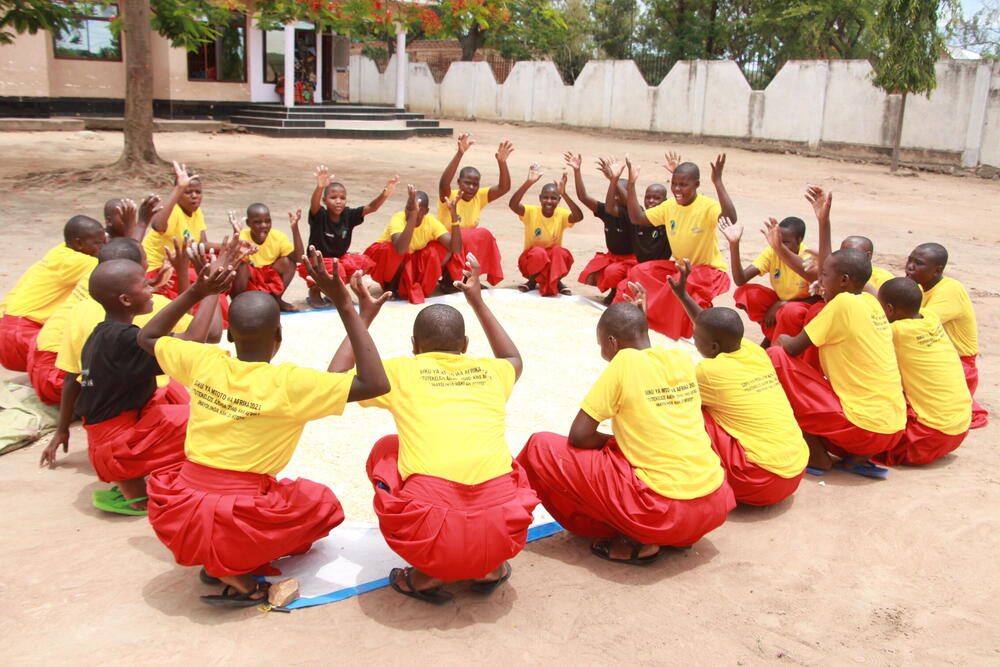
“When I look at the girls I helped today, I see strength. I see hope,” says Amina. “We are fighting for a future where no girl has to suffer like we did.”
Progress in the Fight Against FGM in Tanzania
In recent years, significant progress has been made in Tanzania’s fight against FGM, particularly in Manyara, Dodoma, and Mara regions. According to a recent government report, the prevalence of FGM has seen a marked decline over the past few years, thanks to tireless advocacy, education, and multi-stakeholder efforts.
The Minister for Community Development, Gender, Women, and Special Groups, Dr. Dorothy Gwajima, provided an update on the efforts to combat FGM during the commemoration International Day of Zero Tolerance for FGM, celebrated every February 6.
Dr. Gwajima shared that between 2015 and 2023, Manyara saw a decrease in FGM prevalence from 58% to 43%, Dodoma dropped from 41% to 18%, and Mara saw a decrease from 32% to 28%. Dr. Gwajima credited these reductions to community engagement, government initiatives, and partnerships with organizations like UNFPA.
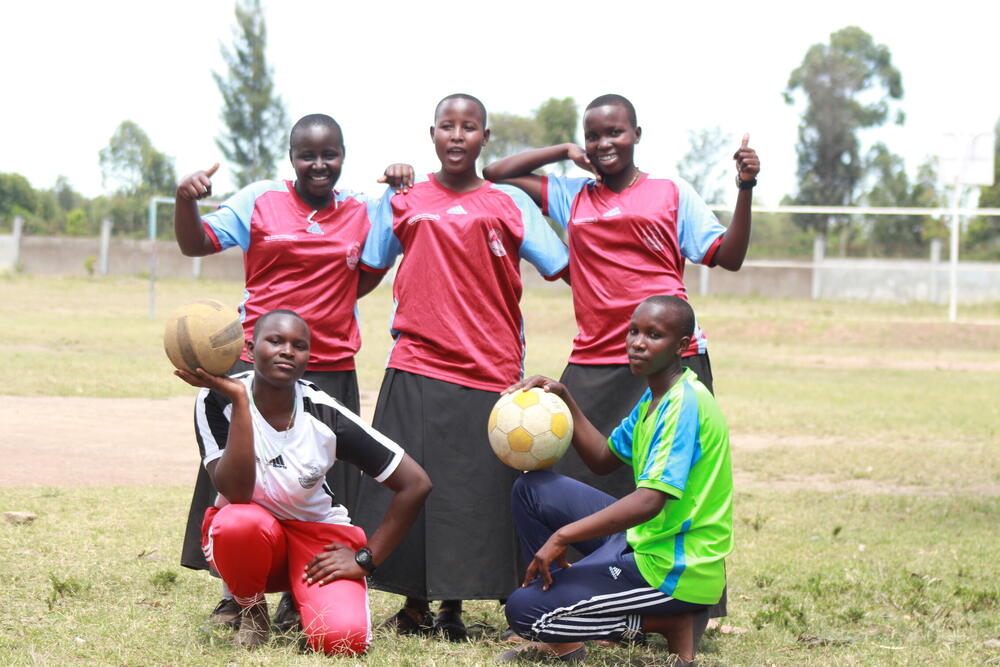
“Though we still have work to do, the decline in FGM rates in Manyara, Dodoma, and Mara shows that change is possible,” Dr. Gwajima stated.
“The efforts of individuals like Amina and local organizations are critical to these successes. We are committed to continuing these efforts until FGM is eradicated in all regions.”
However, despite the progress, Manyara and Arusha still have high prevalence rates at 43%, followed by Mara at 28%. These numbers highlight the need for continued investment in the implementation of the National Plan of Action to End Violence Against Women and Children and the National Anti-FGM Strategy. Strengthening legal enforcement, ensuring justice for survivors, and providing necessary care remain essential.
UNFPA’s Role in the Fight Against FGM
UNFPA Tanzania Representative, Mr. Mark Bryan Schreiner, emphasizing the importance of collaborative efforts between the government, local communities, and civil society.
“The reduction of FGM cases throughout Tanzania is a testament to the collective work being done to protect girls and empower communities,” Mr. Schreiner said.
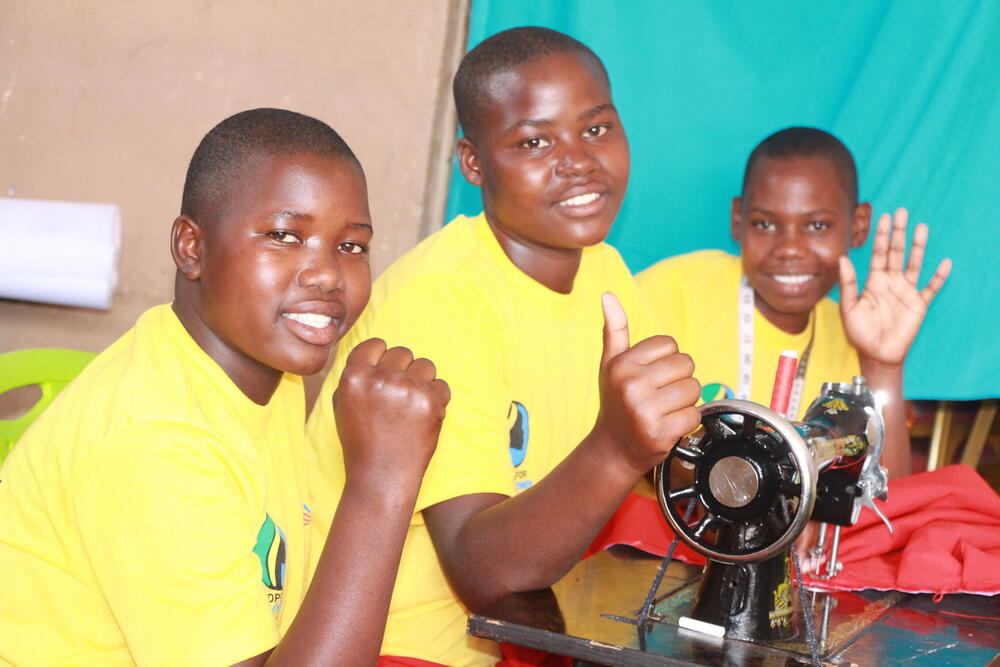
“We must continue strengthening efforts to eliminate FGM and ensure no girl is subjected to this harmful practice.”
UNFPA supports community mobilization, survivor assistance, and awareness campaigns challenging harmful cultural norms. By empowering local leaders, women, and youth, UNFPA contributes to gender equality and reproductive health access across Tanzania. But achieving this requires collective action. Ending FGM demands the involvement of girls, women, survivors, men, youth, traditional and religious leaders, governments, private sector actors, and donors.
A Bright Future Ahead
As Amina’s story demonstrates, the fight against FGM is far from over. But through collective action, resilience, and dedication, Tanzania is making remarkable strides toward the elimination of FGM. While there is still much work to be done, the stories of survivors like Amina remind us that change is not only possible—it’s already happening.
“I’m proud of the progress we’ve made, but I know we can do even more,” Amina says with determination. “Together, we can end FGM for good.”
The theme for 2025, "Stepping Up the Pace: Strengthening Alliances and Building Movements to End FGM," underscores the urgency of accelerating action, increasing investment, fostering partnerships, and centering survivor voices. UNFPA Tanzania remains committed to supporting survivors and communities in creating a world where all girls grow up free from violence, fear, and harm.
Media Inquiries:
Dr. Warren Bright,
UNFPA Communications Analyst,
United Republic of Tanzania
Mobile: +255 764 43 44 45
Email: bwarren@unfpa.org

